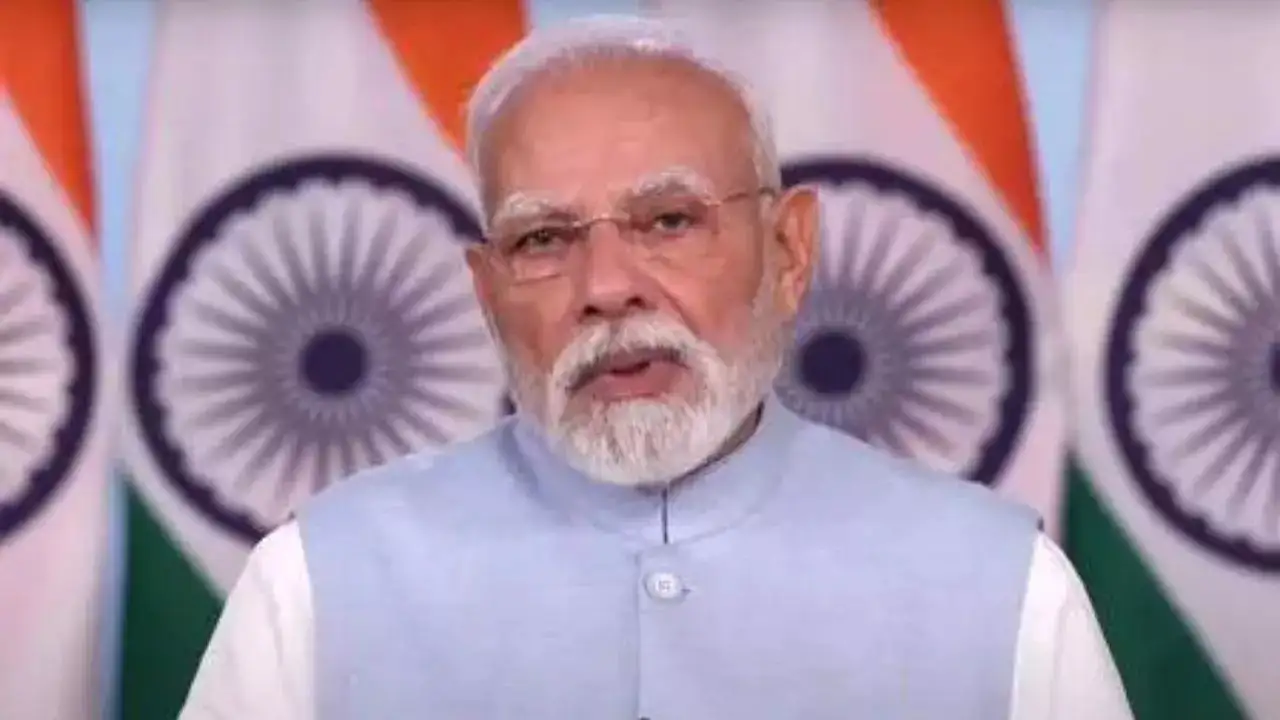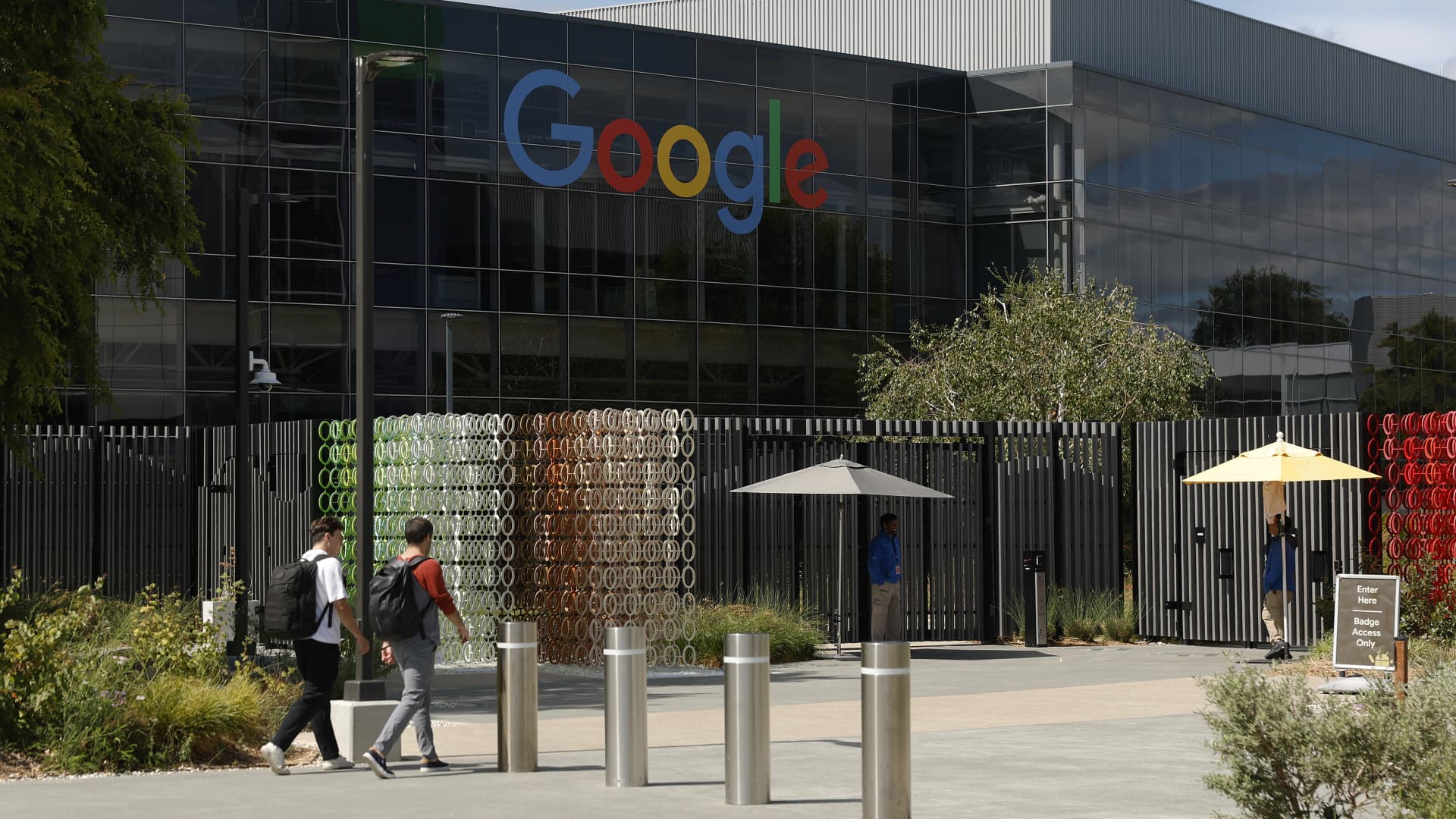‘Difficult to send goods from B’lore to Hyderabad’: PM slams opposition; cites this foreign report
By TOI NEWS DESK
Copyright indiatimes

Prime Minister Narendra Modi on Sunday criticised the opposition, saying Indian businesses faced difficulties under the old tax system. He was addressing the nation on the new Goods and Services Tax (GST) reforms, which will come into effect from September 22.Calling the reforms the start of a new chapter in India’s economic history, the Prime Minister said that before his government came to power in 2014, the country’s traders were caught in a web of different taxes under the old system. “For decades, the country’s traders were caught in a web of different taxes. When India took a step towards GST reform in 2017, it marked the beginning of creating a new chapter in history,” the Prime Minister said.PM Modi also referred to an article in a foreign newspaper, which highlighted the challenges a company faced in sending goods 500 km from Bangalore to Hyderabad.He said, “After I became Prime Minister in 2014, a foreign newspaper mentioned the struggles of a company, describing how difficult it was to send goods 500 km from Bangalore to Hyderabad.”The report PM Modi was referring to had appeared in the British newspaper Financial Times. It said, “One French technology company, according to Les Echos, the French business newspaper, sometimes finds the most cost-effective way to send parts from Bangalore to Hyderabad, 570 km away, is to dispatch them from Bangalore to Europe and then back from Europe to Hyderabad.”The article noted that most freight travels by road and added that, with congested railways, “few doubt the economic benefits of clearing up this mess.”It further said, “At present, the cost of logistics for Indian manufacturers is often more than the entire wage bill—more than double in the case of textiles, and far higher as a percentage of sales than for international competitors.”It also said that the World Bank noted halving the delays caused by roadblocks and other stoppages could reduce freight times by 20–30 per cent and logistics costs by 30–40 per cent.



